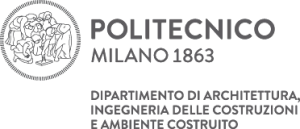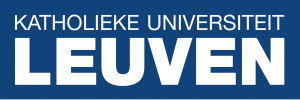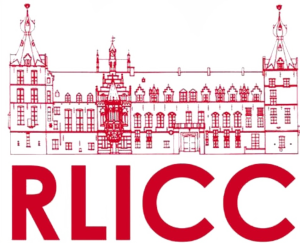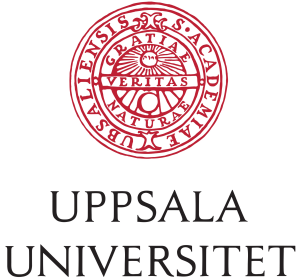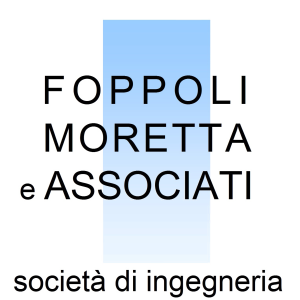ASSOCIATE PARTNERS
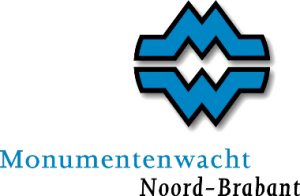 |
Monumentenwacht Noord-Brabantis the non-profit organisation that was set up to conserve Dutch built heritage by means of preventative maintenance measures. The first Monumentenwacht organization was founded in the Dutch province of Friesland in 1973. Monument Watch of Noord-Brabant was established in 1975. TU Delft has good contacts with Monumentenwacht Noord-Brabant, and cooperation between the people involved has taken place in projects like EU COMPASS. Partly implementing MDDS in Monumentenwacht’s methodology of research on monuments is under discussion. In situ research on monuments could be supported by Monumentenwacht’s reports. MDDS was originally developed together with Prof. Van Balen and prof. Luigia Binda from Politecnico di Milano among others. The relationship between TU Delft, KU Leuven and Politecnico di Milano was further developed in various forms (e.g. projects, exchange students, workshops). |
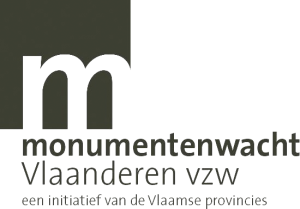 |
Monumentenwacht FlandersThe concept of preventive conservation as an efficient and sustainable way of building management (rather than restoration), became an important element in the policy of immovable heritage in Flanders (Belgium). Flanders plays a pioneering role in operationalising preventive conservation strategies by means of Monumentenwacht. Established in 1991, the organization was charged with the duty to check the constructional state of historic buildings in Flanders and to formulate recommendations for their maintenance. After 25 years of practice Monumentenwacht has realised with her proactive approach a voluntary membership of approximately 6500 buildings. Almost 1000 inspections are carried out every year by 38 specialists. The voluntary membership is of the utmost importance, starting from the personal engagement of the owner to assuring the willingness for regular and adequate maintenance of buildings. Monumentenwacht offers its services to all (historically) valuable buildings within the Flemish Region, not only to listed monuments. |
Consortium Villa Reale e Parco di Monzahas been established in 2009 with the aim of valorising the Reggia of Monza, including Villa Reale and the Park, by carrying out the restoration and guaranteeing the planned conservation for the enhancement of public fruition. The Reggia is currently testing some of the most advanced policies concerning Cultural Heritage in Italy, and is at the hearth of Monza and Brianza Cultural District. It is relevant that “conservazione programmata” is clearly written as one of the reasons of the Consortium, which includes, among others, the Region, the Province, Monza Municipality and Italian Ministry for Heritage and Cultural Activities. In May 2014 the Villa Reale hosted three days of the Preventive and Planned Conservation Conference 2014. |
|
Navarra Gestioni (Na.Gest)is the private society in charge for the management of the part of the Villa Reale which has been recently restored following a project financing scheme, that is using a relevant financial contribution by an investor who for next 22 years will manage this part of the building, being responsible for its good conservation. The scheme is interesting for the research perspective as it entails the challenge of coordinating private and public subjects, and it can show the follow-up of a restoration in the case that the manager is the same subject who carried out the works, and is obliged to give back the property in a perfect state of conservation after using it for a pretty long period. For the foreseen action-research it is very important that both the public and the private subjects have been involved. |
|
 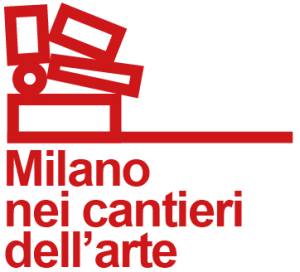 |
Assimpredil ANCEis the Association of Building and Related Companies of Milano, Lodi, Monza e Brianza provinces, that is the subject who can represent the construction industry and its point of view on the ongoing transition. This Association pays a strong attention to the sector of Heritage conservation and enhancement, as for five years it has been organising events to proudly present these works to public fruition: “Milan in Its Art Yards” is an unusual rediscovery of Milan as a city of art – an itinerary covering the whole time frame between the XV and the XX century, designed with the aim of letting the world meet the historical and artistic heritage of Milan, as well as its entrepreneurial capacities in the conservation industry. Assimpredil ANCE has already been involved as a partner of Monza and Brianza Cultural District and in this framework relevant educational activities have been carried out on the issues of Preventive and Planned Conservation, in collaboration with Politecnico di Milano. |
